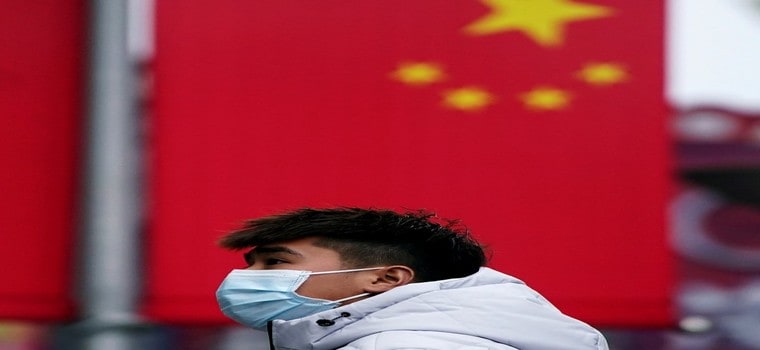
Debate Time: Should Investors Buy The Dip?
- Chinese stocks plunged Monday morning while U.S. stocks showed resiliency and moved higher.
- One fund manager is encouraging investors to be excited about the prospect of buying stocks at cheaper prices.
- Notable economist Mohamed El-Erian thinks otherwise and explained why on CNBC.
The Coronavirus continues to show no signs of easing and scientists across the world are scrambling to create a solution that can be scaled for potential worldwide use. Meanwhile, Chinese stocks plummeted lower by 8% when they opened Monday and U.S. equities are in theory vulnerable to a similar decline in the near-term.
So, should investors buy any dip? It depends on which expert you ask.
Yes, Buy The Dip
Taking the bullish side of the argument, Eastspring Investments client portfolio manager Sarah Lien said on Bloomberg TV a pullback is an “exciting” opportunity for investors. She said whenever markets sell-off “indiscriminately” it is time for investors to seek reasonable stocks at attractive valuations.
Many of the stocks that Lien had hoped to buy throughout 2019 are based in China. In reaction to a selloff of Chinese stocks, she said her firm is slowly building its position in the same names it liked last year. Lien said she especially likes companies with exposure to Chinese households who will “still need a microwave.”
Think parts of everyday life that “aren’t going to go away” if there is a Coronavirus or not, she said.
“People need to feed their babies, people need to drive a car,” she said.
No, Don’t Buy The Dip
The opposite side of the argument comes courtesy of notable economist Mohamed El-Erian. He believes the Coronavirus is notable enough to “paralyze China” and show ripple effects throughout the global economy.
The most important aspect to consider, he said on a Monday CNBC interview, is that the Coronavirus can’t be countered with central bank policies. The Chinese central bank can attempt to ease sentiment through liquidity injections of more than $170 billion. But any successful outcome is dependent on the virus outbreak being “temporary, containable, and reversible.” Those three terms are “very hard to associate” with the virus.
El-Erian created a new term to emphasize just how damaging the outbreak can be on China’s economy: “accelerating sudden stop dynamics.”
El-Erian’s theory could prove to be a reality in the coming weeks and months. He said the Coronavirus could notably impact the Chinese economy and this will be observable in future statistics readouts. If correct, the impact will spread across Asia, and ultimately be felt in the U.S., although to a much less degree.
As such, investors need to “pay more attention” to this large headwind and try to “resist our inclination to buy the dip.”
More industry news







